Top 8 Best And Free Antivirus Software For Windows 7
Having done with the top 10 best free antivirus software for year 2010 two months before which was appreciated by our readers and downloaded best antivirus software according to their needs.
I switched from Windows Vista to Windows 7 some time before as I was pretty annoyed by the slow speed of Vista. And believe me Windows 7 is really brilliant operating system that I am waiting for long enough from Windows team. It is not only fast but the glossy looks, default sounds and themes make it more awesome.
But we all know that as earlier Windows OS versions, Windows 7 is also prone to virus and spyware attacks. And to stay free from viruses, it the most basic and fundamental task of any Windows user to find the antivirus software programs. So, I thought to research best antivirus software for Windows 7 and end up with some really great options that provided maximum security against viruses, malwares and several other threats.
Antivirus software listed below are fully compatible with Windows 7 – 32 and 64 OS and available freely on the internet for single and non-commercial use.
So, have a look on SaveDelete’s assorted list of Top 8 best and free antivirus software for Windows 7 to keep your computer safe against various virus threats and hackers.
1) Microsoft Security Essentials : Microsoft Security Essentials provides real-time protection for your home PC that guards against viruses, spyware, and other malicious software. Microsoft Security Essentials is a free download from Microsoft that is simple to install, easy to use, and always kept up to date so you can be assured your PC is protected by the latest technology. For more details and how to download MSE, you can check our article totally dedicated on MSE.
2) Avast Free Antivirus : avast! antivirus software is available for free and commercial use. It provides complete virus protection for your computer. Antivirus engine is complemented by anti-spyware, firewall and antispam modules to protect you against phishing schemes, identity theft and internet-distributed web viruses. Automatic updates for greater user convenience and safety.
3) AVG Free Antivirus : AVG has been around in the Antivirus market from ages and gained lot of loyal users to their kitty. They also provide upgraded version which is very costly but I believe that their free Antivirus program is great for users having personal computers. AVG user interface is pretty simple and it takes a minute to install on your computer.
4) Avira AntiVir Personal : One of the simple to use and light Antivirus software in the market. It works perfectly fine to detect virus, spyware, rootkit threats. The best part of Avira is that it is quiet outstanding in terms of finding malware. Few false positives about Avira is that it does not inlude E-mail scanner in free version, but if you open any infected E-mail, it comes again into action.
5) Panda Cloud Antivirus : The first free cloud antivirus against viruses, spyware, rootkits and adware. Panda Antivirus Beta3 supports Windows 7 (32 and 64bit). . The antivirus carries out BackgroundScan by deactivating many unnecessary operations.
6) Comodo Firewall + Antivirus : Comodo Firewall and Antivirus is now Comodo Internet Security.Comodo Internet Security 4.0 includes a built-in sandbox which combines file system/registry virtualization and least-privileged user account principle in order to combat unknown malware.
7) ClamWin Free Antivirus : ClamWin is a Free Antivirus program for Microsoft Windows 7 / Vista / XP / Me / 2000 / 98 and Windows Server 2008 and 2003. It comes with an easy installer and open source code. Please note that ClamWin Free Antivirus does not include an on-access real-time scanner. You need tomanually scan a file in order to detect a virus or spyware.
8 ) Free eScan Antivirus Toolkit Utility : eScan Antivirus Toolkit 12.x is compatible with Windows 7 – 32 & 64-bit OS. eScan Antivirus Toolkit is a FREE utility that enables you to scan and clean Viruses, Spyware, Adware and any other Malware that may have infected your computer. The eScan Antivirus Toolkit requires no installation and can be run directly from anywhere, on your computer, USB Drive or from a CD ROM. It can also be run even if you already have other antivirus software installed on your computer.


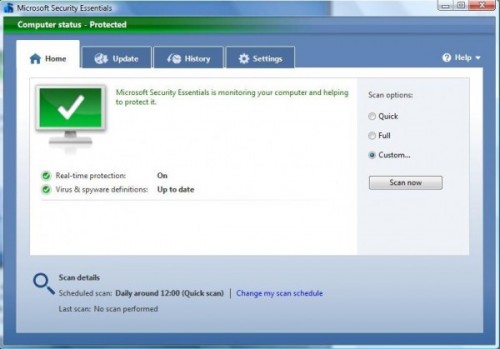
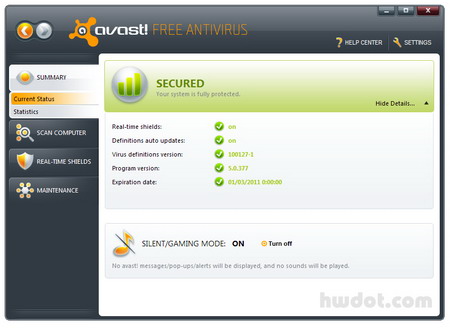
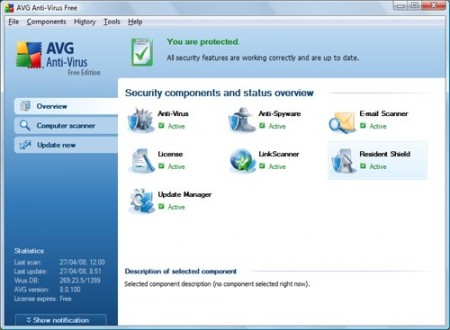

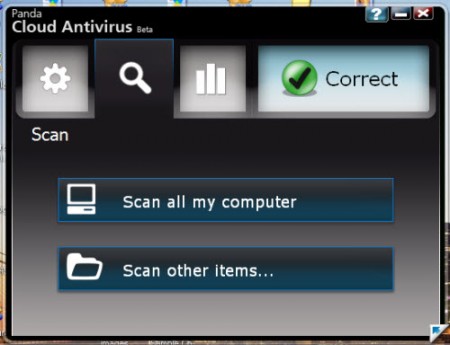
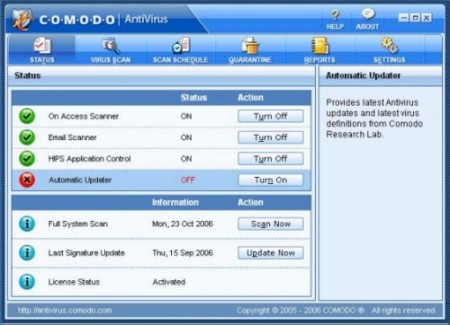
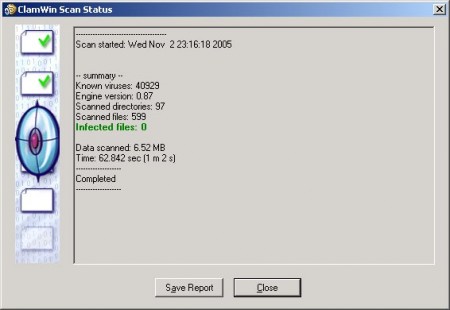


 A recently proposed but little-noticed
A recently proposed but little-noticed 

